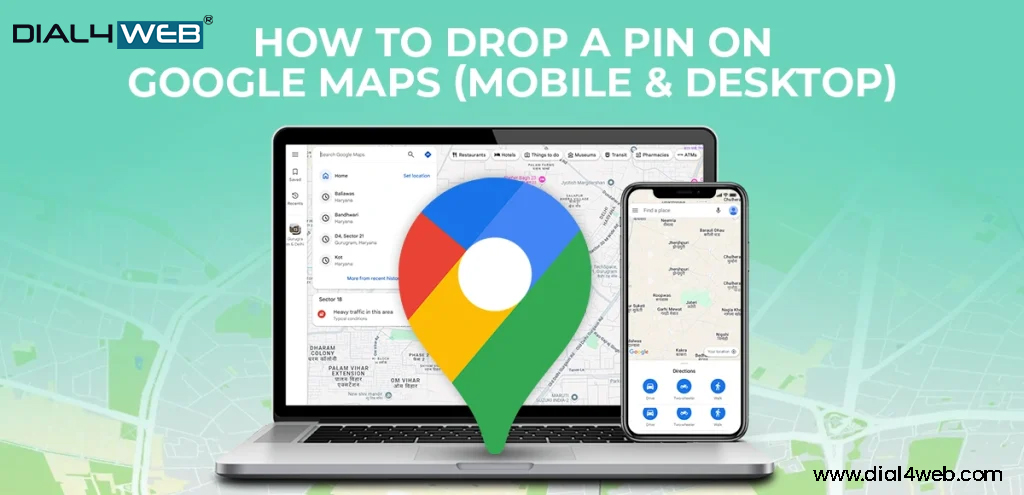
Backlinks in SEO: Why They’re Still the Key to Higher Rankings
There are many techniques used in SEO optimization, some of which are more effective than others. One consistency within their evaluation remains the importance of backlinks. Search engines, regardless if you’re setting up a blog or working on an online brand and e-commerce shop, use backlinks as foundational content. Even though many people put in their money and effort into devising methods to bypass it, we all know that there is no shortcut to success and it all works out with backlinks.
Today, we are going to address 3 problems: What are backlinks? Why backlinks are important in SEO? And, how can you efficiently and cost less get backlinks to your website?
What Are Backlinks?
A backlink is simply a hyperlink from one website to another. When another site links to yours, it signals to search engines like Google that your content is valuable, credible, and worth referencing. Think of backlinks as votes of confidence in the eyes of Google’s algorithm.
If a trusted, high-authority site links to your content, that’s like getting a thumbs-up from the cool kid in school, it carries weight.
Why Are Backlinks Important in SEO?
You might wonder, what is the importance of backlinks in SEO, especially when so many other factors influence rankings today. The answer lies in authority and trust.
Backlinks are one of Google’s top-ranking factors. They help search engines:
- Discover your content faster
- Understand what your website is about
- Evaluate your content’s authority in your niche
Sites with a strong backlink profile tend to outperform those without, even if their content is nearly identical.
For Example: if two websites publish similar articles on “How to Bake a Chocolate Cake,” the one with backlinks from food blogs, recipe platforms, or authority cooking sites will likely rank higher.
Benefits of Backlinks in SEO
Here’s a quick look at the benefits of backlinks in SEO:
- Higher Search Engine Rankings: Strong backlinks from reputable domains can push your website to the top of Google’s SERPs.
- Faster Indexing: Search engine crawlers use backlinks to find new web pages. More backlinks mean faster visibility.
- Referral Traffic: People click on backlinks. If your link appears on a high-traffic website, you’ll see a surge in referral visits.
- Credibility and Trust: Quality backlinks boost your authority. The more trustworthy sites linking to you, the more credible your site appears.
- Improved Domain Authority: Over time, a solid backlink profile strengthens your domain authority, making all your content more competitive.
This is why many digital marketers consider backlinks the backbone of any long-term SEO strategy.
How Many Types of Backlinks in SEO?
Let’s explore how many types of backlinks in SEO are there, and what each one means for your strategy.
-
Dofollow Backlinks
These are the most valuable backlinks in SEO. They pass “link juice” or authority from the referring domain to your page.
Example: A food blog writing “Check out this great pancake recipe by [YourWebsite.com]” with a clickable link.
-
Nofollow Backlinks
These don’t pass authority but can still bring in referral traffic and brand visibility.
Example: Links in blog comments or some social media posts.
-
Sponsored or Paid Backlinks
These are links you pay for, and they must include a rel="sponsored" tag per Google’s guidelines.
-
UGC (User-Generated Content) Links
Typically from forums, blog comments, or user reviews. They should use rel="ugc" to remain compliant.
-
Natural Editorial Backlinks
These are the holy grail. They’re earned organically when other sites link to you because your content is valuable.
How to Build Backlinks: Smart and Safe Ways
Wondering how to build backlinks without getting penalized by Google? Here's how:
-
Create High-Quality Content
The easiest way to get backlinks is to create content that others naturally want to reference. This includes:
- How-to guides
- Industry reports
- Data-driven articles
- Infographics
Great content attracts natural links over time.
-
Guest Posting
Reach out to blogs in your niche and offer to write a valuable article in exchange for a backlink.
-
Directory Submissions
Submit your site to free backlink sites like Yelp, Foursquare, and niche-specific directories. Be cautious and choose reputable ones.
-
Broken Link Building
Find broken links on other websites and suggest your content as a replacement. It’s helpful, and it works.
-
Social Media Sharing
While these are usually nofollow links, they help your content get noticed and possibly linked to by others.
Free Backlinks for Websites: Are They Worth It?
Benefits can be obtained, but with some limitations. You can acquire your free backlinks for website through:
- Responding on Quora
- Social media platforms Reddit and Medium
- Articles on Medium
- Listing your business on relevant sites
- Permitted educational and government forums
However, quality matters more than quantity. One backlink from a respected site like HubSpot or Forbes outweighs 100 links from shady forums.
How to Create Backlinks on a Budget
For individuals just starting out or those without spending power for outreach tools or SEO agencies, here is a budget-friendly approach on How to Create Backlinks:
- Using Google Alerts for mentions of your brand is one strategy; turning those into links
- Networking within a specific industry gives chances to request them to link to you.
- Write testimonials for products or services that you use and get linked back to.
- Take your blog posts and transform them into videos or infographics that can be shared on
different platforms, including links to the original blog post.
Looking for an easier start? Check out free backlinks sites to get the ball rolling.
Real Example: How a Food Blogger Boosted SEO With Backlinks
Let’s say you're a food blogger. You write a unique post on “Air Fryer Samosas with 3-Minute Green Chutney.” You submit it to a couple of Indian food directories and share it in a Facebook cooking group. A popular cooking blog sees it and links to it in their next “Quick Indian Snack Ideas” post.
That one link brings 2,000 new visitors and bumps your post to page one in Google searches for “Air Fryer Samosas.” That’s the power of one well-placed backlink.
Conclusion
Despite advances made to Google's algorithm, backlinks still remain key when it comes to establishing authority and trust for any site and its rank on search engines. From familiarizing yourself with the hierarchy of backlinks in SEO to knowing how to create backlinks manually or through Social Bookmarking Sites 2025, this approach will always be the foundation of effective long-term SEO.
Don’t forget: the goal is not fooling the algorithm, but establishing genuine connections, providing valuable content, and earning trust through links.
Regardless if you are a beginner or an advanced strategist, do not ignore backlinks. Backlinks are more than just SEO; they are its very core. Build ahead of the game using smarter strategies. Focus on creating remarkable content, guest posting, and accessing free backlinks. You will see an improvement in your rankings and traffic.


























